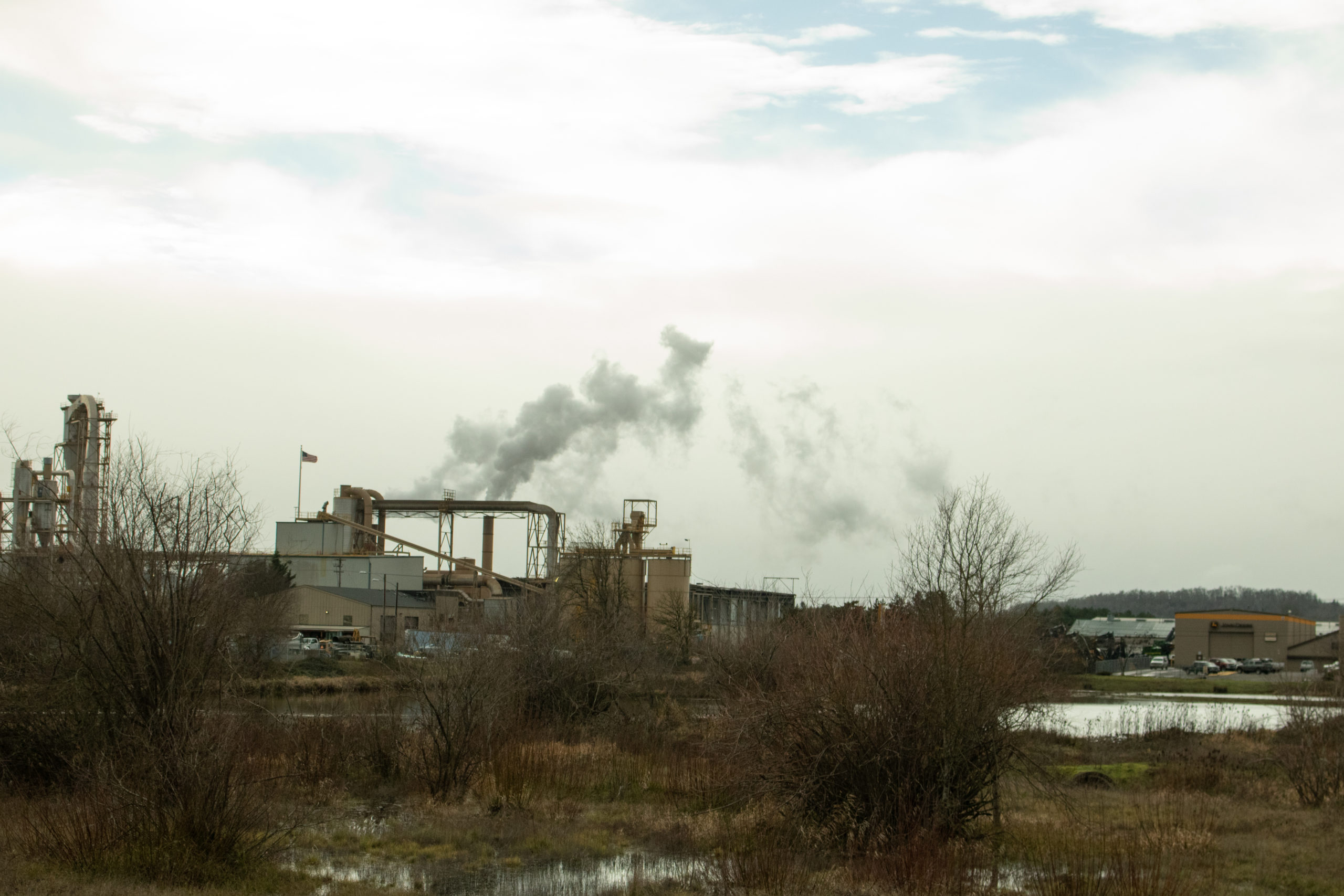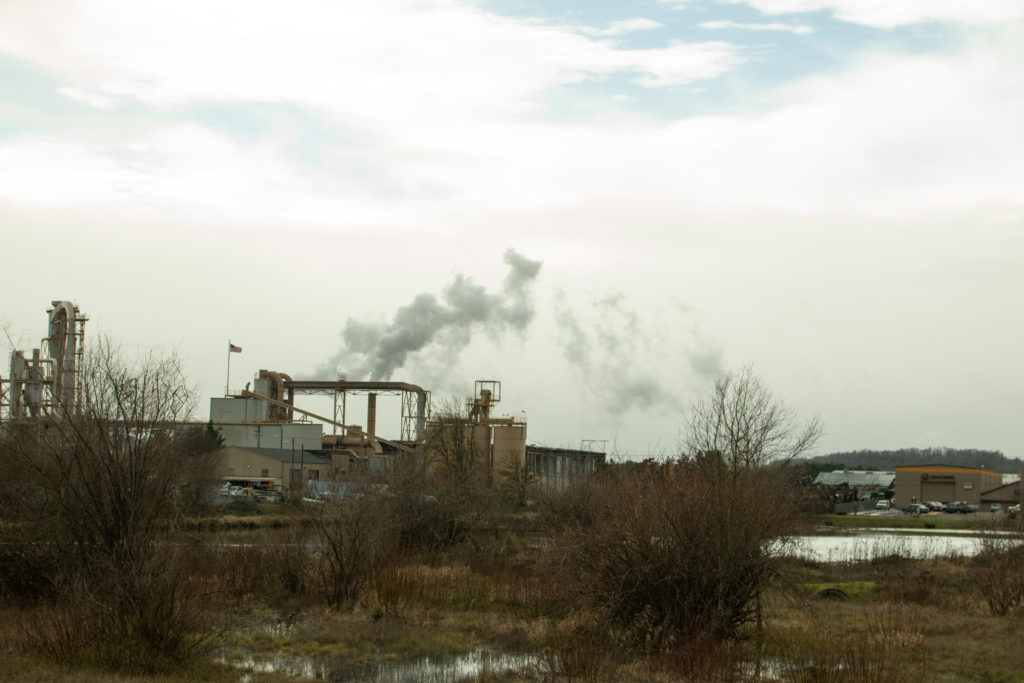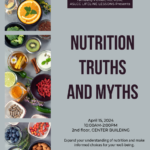
Tension swept through the Petersen Barn Community Center on Jan 25. as speaker Pablo Alvarez, Beyond Toxics’ environmental justice community organizer, declared, “We cannot continue to have an 18-year less life expectancy than the rest of Eugene.”

Beyond Toxics, a local nonprofit organization, believes that it is the right of the community to know what they’re breathing and how it affects mental and physical health. Coupled with Eugene’s Toxics Right To Know, Beyond Toxics believes it is critical that individuals who are affected by local pollution can communicate directly with corporations to sufficiently tackle the problem.
City officials, Lane Regional Air Protection Agency members, industry benefactors, volunteers and concerned citizens all gathered at the meeting. Alvarez led the initial discussion with provocative information. West Eugene alone has 32 toxic emitting facilities located close to residential areas according to the group. These industries are capable of emitting over 500,241 pounds of toxic pollution into the air the city breathes — as stated by a 2015 study presented at the meeting.
Among these toxins, creosote is often responsible for what walkers, joggers, and drivers smell in their house or out along the road. Especially in the hotter months.
Lisa Arkin, Beyond Toxics’ executive director, shared a story of a local woman who called in.
“I received a phone call recently from a woman who recently moved to Eugene. She needs to use her CPAP machine to breathe at night. She said that the odors are so strong at night— the smell of creosote — that she cannot use the machine, and she called her physician to say I’m woken up at night because im breathing this concentrated odorous air’ and her physician said ‘you have to use the machine,’” she stated.

Beyond Toxics included a list of what creosote is related to: nausea, vomiting, breast and gastrointestinal cancer — to name some of the many side effects of long-term exposure. But it’s not only creosote; there’s a number of additional toxins like methanol, acetone, and benzene that West Eugene residents breathe in daily.
Diabetes, stroke, and depression are ailments related to toxic exposure. Coupled with information from the Environmental Protection Agency and local surveys, Beyond Toxics affirms these are related to what companies are pumping out.
Right now, land use permits don’t take into consideration the potential for health risks and hazards associated with these industries. LRAPA is working both with the city and Beyond Toxics to strengthen their evaluations of businesses and their emissions in support of the Cleaner Air Act. This process will take some time, but is in progress.
“Together hopefully we can create a movement and support each other through it,” Arkin closed.
Attendees were invited to take part in a tree exercise at close. At their tables, they worked together to identify root causes for pollution, what the factors at play are, and what the branching “leaves” of the systems at work are. This encouraged neighbors to communicate, to ask deeper questions, and to feel involved.

Diana Behling recently moved from Santa Cruz, California. As she drew the branches of her tree, she admitted, “I thought Eugene was this lovely, vibrant city where everyone was outside hiking and playing,” but she refuses to give up hope.
Currently, Beyond Toxics’ goal is to increase community awareness around the dangers of toxic pollution. They’re encouraging citizens who live near JHBaxter, a wood treatment plant, to share their testimonies about pollution.
Beyond Toxics has a climate meeting scheduled for Mar. 10 at Campbell Community Center from 6:30p.m. – 8:30 p.m.A full list of their work can be found at their website.

